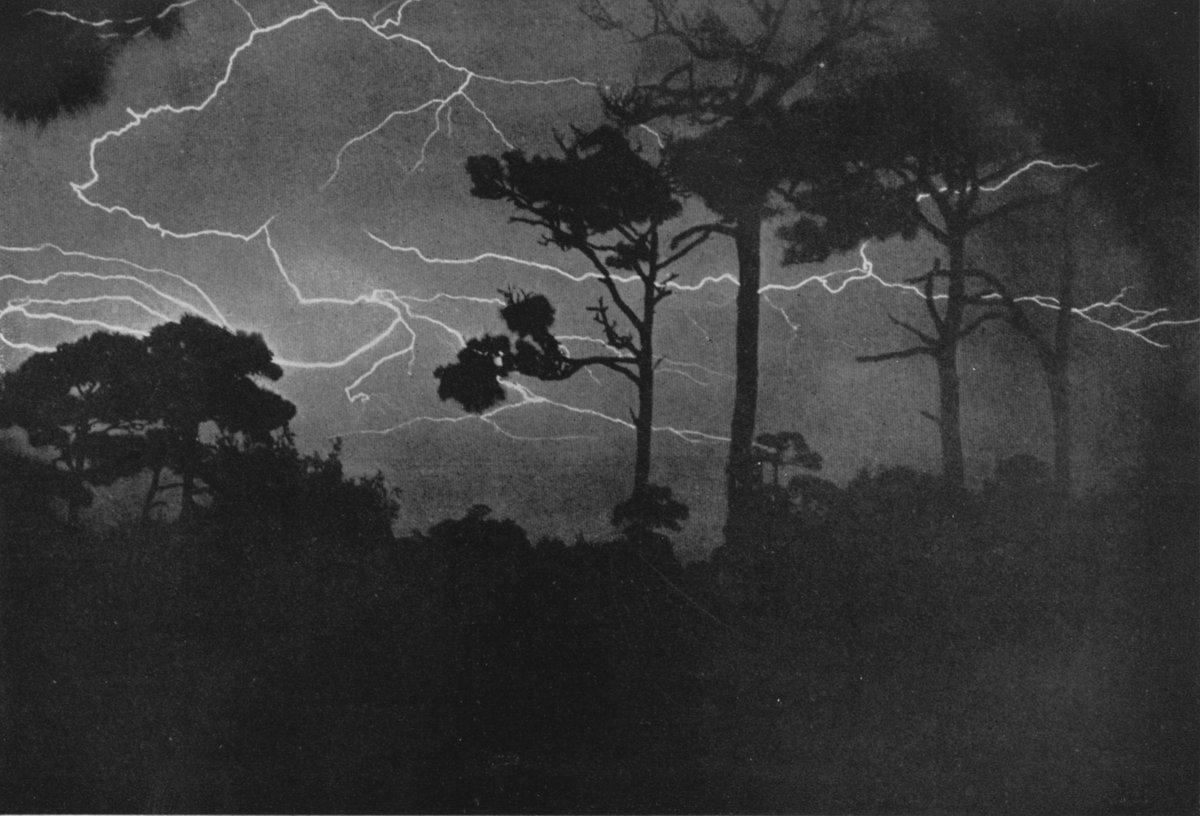
This is the first passage from James Hogg's The Private Memoirs and Confessions of a Justified Sinner that I wanted to quote in the lecture of translation and clouds, but it was obviously far too long. So here it is in two parts, next in the next post.
*
George was, from infancy, of a stirring active disposition and could not endure confinement; and, having been of late much restrained in his youthful exercises by this singular persecutor, he grew uneasy under such restraint, and, one morning, chancing to awaken very early, he arose to make an excursion to the top of Arthur's Seat, to breathe the breeze of the dawning, and see the sun arise out of the eastern ocean. The morning was calm and serene; and as he walked down the south back of the Canongate, towards the Palace, the haze was so close around him that he could not see the houses on the opposite side of the way. As he passed the Lord-Commissioner's house, the guards were in attendance, who cautioned him not to go by the Palace, as all the gates would be shut and guarded for an hour to come, on which he went by the back of St. Anthony's gardens, and found his way into that little romantic glade adjoining to the saint's chapel and well. He was still involved in a blue haze, like a dense smoke, but yet in the midst of it the respiration was the most refreshing and delicious. The grass and the flowers were loaden with dew; and, on taking off his hat to wipe his forehead, he perceived that the black glossy fur of which his chaperon was wrought was all covered with a tissue of the most delicate silver—a fairy web, composed of little spheres, so minute that no eye could discern any of them; yet there they were shining in lovely millions. Afraid of defacing so beautiful and so delicate a garnish, he replaced his hat with the greatest caution, and went on his way light of heart.
As he approached the swire at the head of the dell—that little delightful verge from which in one moment the eastern limits and shores of Lothian arise on the view—as he approached it, I say, and a little space from the height, he beheld, to his astonishment, a bright halo in the cloud of haze, that rose in a semicircle over his head like a pale rainbow. He was struck motionless at the view of the lovely vision; for it so chanced that he had never seen the same appearance before, though common at early morn. But he soon perceived the cause of the phenomenon, and that it proceeded from the rays of the sun from a pure unclouded morning sky striking upon this dense vapour which refracted them. But, the better all the works of nature are understood, the more they will be ever admired. That was a scene that would have entranced the man of science with delight, but which the uninitiated and sordid man would have regarded less than the mole rearing up his hill in silence and in darkness.
George did admire this halo of glory, which still grew wider, and less defined, as he approached the surface, of the cloud. But, to his utter amazement and supreme delight, he found, on reaching the top of Arthur's Seat, that this sublunary rainbow, this terrestrial glory, was spread in its most vivid hues beneath his feet. Still he could not perceive the body of the sun, although the light behind him was dazzling; but the cloud of haze lying dense in that deep dell that separates the hill from the rocks of Salisbury, and the dull shadow of the hill mingling with that cloud made the dell a pit of darkness. On that shadowy cloud was the lovely rainbow formed, spreading itself on a horizontal plain, and having a slight and brilliant shade of all the colours of the heavenly bow, but all of them paler and less defined. But this terrestrial phenomenon of the early morn cannot be better delineated than by the name given of it by the shepherd boys, "The little wee ghost of the rainbow."
Such was the description of the morning, and the wild shades of the hill, that George gave to his father and Mr. Adam Gordon that same day on which he had witnessed them; and it is necessary that the reader should comprehend something of their nature to understand what follows...
*
Part 2 follows.

No comments:
Post a Comment